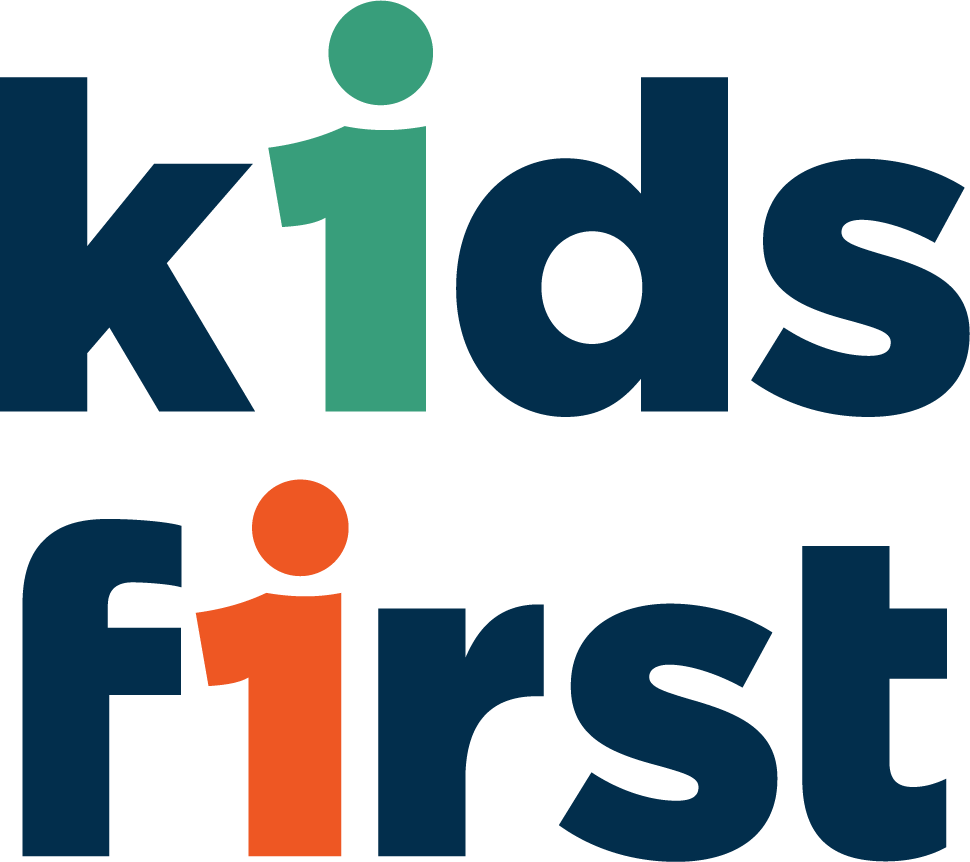
Kinship Care in the Dallas, Fort Worth, Denton & Surrounding Counties
Explore Kinship Placement Services for Kids
Kinship Care is when a relative or close family friend steps in to care for a child who can no longer safely remain with their parents. This arrangement helps maintain family bonds and a sense of stability for the child. Kids First partners with the State of Texas to verify kinship caregivers in Dallas, Fort Worth, Denton, and surrounding counties, providing guidance, resources, and support to help you navigate every step of the journey.
Kinship Care: Keeping Families Together
When children are removed from unsafe environments, staying with someone they already know and trust — like a grandparent, aunt, uncle, or close family friend — can make all the difference. Kinship care helps preserve family bonds and gives children the comfort of familiar faces in an uncertain time.
At Kids First, we’re here to support kinship families who want to provide loving homes to the children they already call family.
What is Kinship Care?
Kinship care refers to a child living full-time with a relative or close family friend (called “fictive kin”) after being removed from their biological home due to abuse or neglect. While not every kinship placement is formally licensed through foster care, many kinship caregivers choose to become verified through a Child Placing Agency like Kids First in order to access additional services, training, and financial support.
Why Kinship Care Matters
In 2022, over 9,400 children in Texas were placed with relatives, and another 12,000+ were living with non-relatives. These numbers reflect a growing need for kinship families to step in and keep children out of institutional care or unknown foster homes.
Kinship Care keeps children in familiar environments, often within their school and community, and provides vital emotional stability during a time of crisis.
Who Can Be a Kinship Caregiver?
You can become a kinship caregiver if:
You are a relative (grandparent, aunt, uncle, adult sibling, cousin, etc.), or
You are a fictive kin — a close family friend with a long-standing, meaningful relationship with the child.
If you’re a safe, stable adult ready to care for a child you know and love, you may be eligible to provide kinship care.
Kinship Care vs. Foster Care
Kinship caregivers may care for children without going through full foster care licensing, but many choose to become verified through an agency like Kids First to:
Access training and support services
Qualify for financial reimbursement
Be better prepared for long-term placement or potential adoption
We walk kinship families through the same supportive steps as foster families — helping them meet all minimum standards and provide safe, nurturing homes.
Steps to Becoming a Verified Kinship Family
If you’ve been approved by the State’s Kinship Department and would like to become a licensed kinship caregiver through Kids First, here’s what the process includes:
Attend an Orientation with Kids First
Complete an Application
Pass Criminal and Central Registry Background Checks
Pass a Fingerprint-Based FBI Background Check
Attend Training Classes Offered by Kids First
Pass a Fire and Health Home Inspection
Submit Required Documents
Complete a Home Study
Our team will guide you every step of the way.
Frequently Asked Questions
Do I have to be related by blood to be a kinship caregiver?
No. Fictive kin — trusted family friends with strong emotional ties — are often eligible to care for a child through kinship care.
Do I have to become licensed to care for my relative?
Not always. Some kinship placements happen informally or through CPS. However, becoming licensed gives you more resources and support — and may be required for longer-term care.
Will I receive financial help?
If you become licensed through a foster care agency, you may be eligible for monthly reimbursement to help cover the child’s basic needs.
What if I want to adopt later?
Kinship caregivers can later pursue adoption, and Kids First is here to help with that process as well. Licensing as a foster-to-adopt family may be the best path forward in these cases.
Let’s Keep Families Together
If you’ve been asked to care for a child in your family — or are already doing so — we want to support you. Contact Kids First to learn more about kinship care and how we can help you build a safe, loving home for a child you know and love.
👉 Reach out today to begin your kinship care journey.
Foster Parenting
By being a foster parent, you’ll be able to help children who have been abused or neglected. Kids First is licensed to verify foster homes for the State of Texas.
Kinship Care
Kinship services seek to place children first with qualified family or friends. We are here to walk you through the process.
Adoption
Kids First is a licensed contract provider with the Texas Department of Family & Protective Services (TDFPS). Kids First screens and verifies families for adoption.



